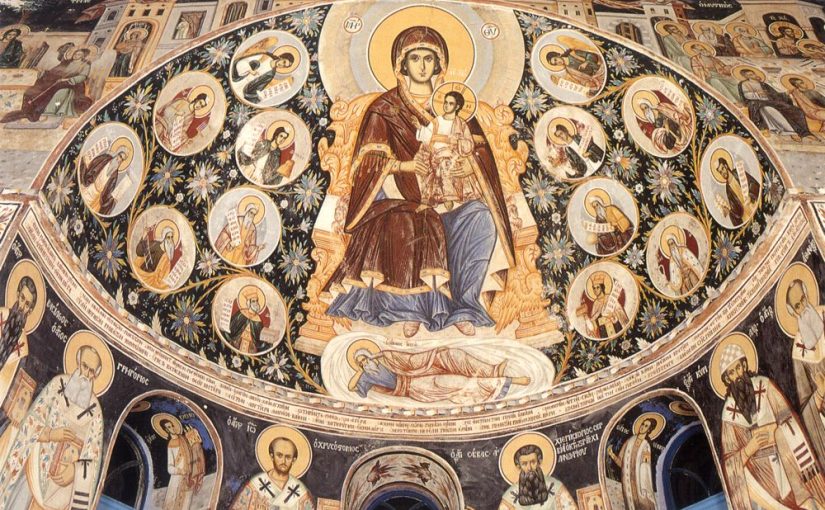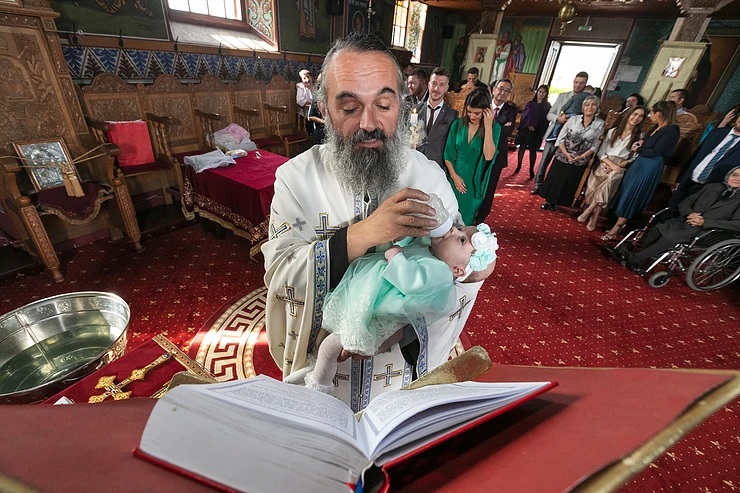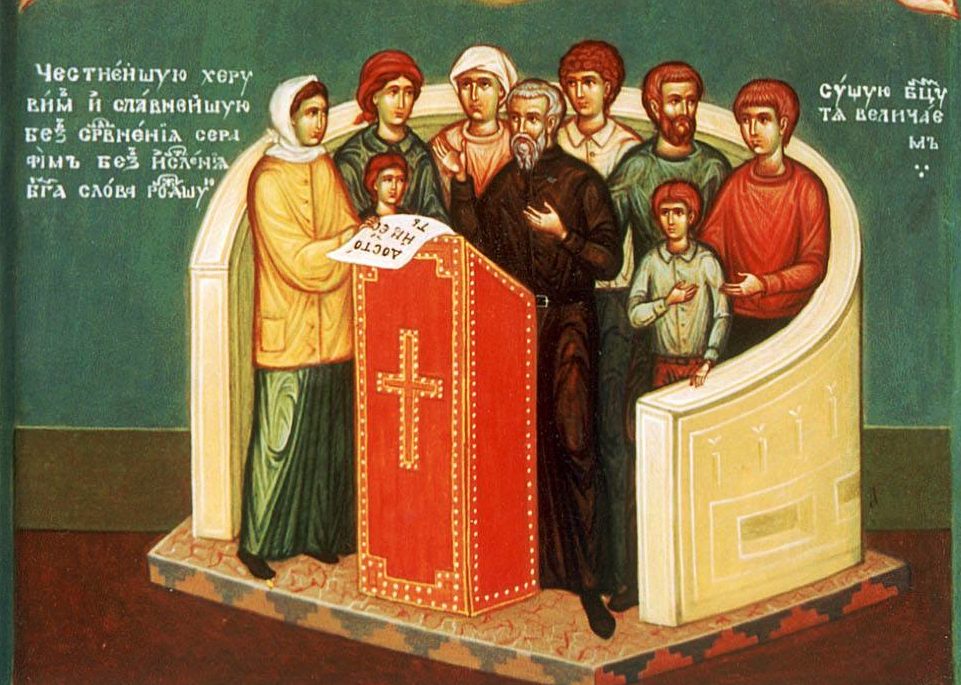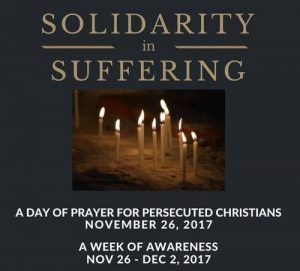In the Byzantine Church, we hear proclaimed the genealogy of Jesus, reminding us how God’s plan of salvation comes through a lot of interesting characters. Every time I hear this gospel passage I am reminded for two things: God uses the imperfect for the revelation of the perfect and therefore gives hope, and that our Savior, Jesus of Nazareth, the foretold Christ, is in the middle of our messy and complicated history offering us the gift of salvation. What is true is that God makes his home with us, and He “has a better plan for us” and we are an essential part of that plan.
“Matthew’s genealogy is extraordinarily comprehensive in his theology lf the roots of Jesus’ story in the Old Testament. But that is only one part of the story of Jesus Christ. The story has a sequence as well; and the continuing sequence is what makes the genealogy “good news” for Matthew’s audience and for us. Human being have been empowered to preserve, proclaim, and convey salvation brought by Jesus Christ throughout history. The God who wrote the beginnings with crooked lines also writes the sequence with crooked lines, and some of those lines are our own lives and witness.
A God who did not hesitate to use the scheming as well as the noble, the impure as well as the pure, men to whom the world hearkened and women upon whom the world frowned –this God continues to work through the same melange. If it was a challenge to recognize in the last part of Matthew’s genealogy that totally unknown people were part of the story of Jesus Christ, it may be a greater challenge to recognize that the unknown characters of today are an essential part of the sequence. The proclamation of that genealogy in the Advent liturgy is designed to give us hope about destiny and our importance.
By stressing the all-powerful grace of God, the genealogy presents it greatest challenge to those who will accept only an idealized Jesus Christ whose story they would write only with straight lines and whose portrait they would paint only in pastel colors. If we look at the whole story and the total picture, the Gospels teach us that Jesus’ ministry was not thus; the history of the church teaches us that the sequence as not thus. God’s grace can work even with people like us.” (Father Raymond Brown, S.S.)



